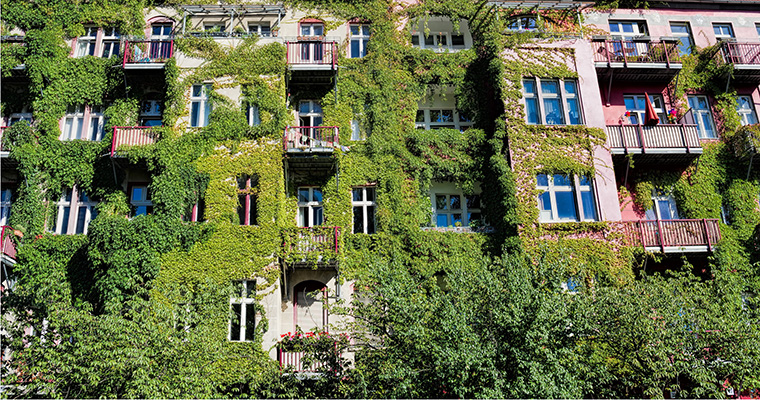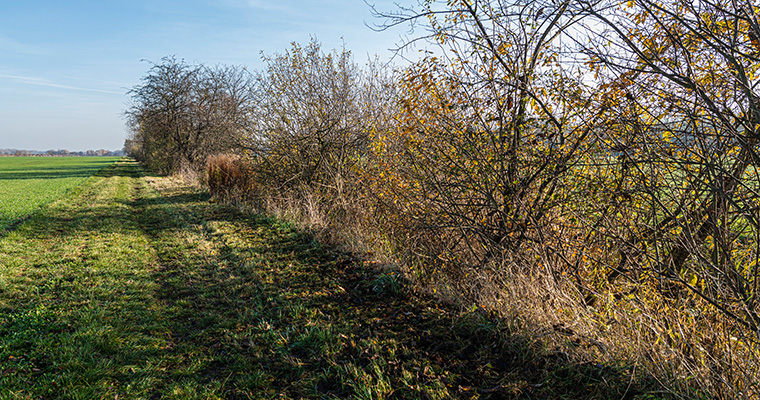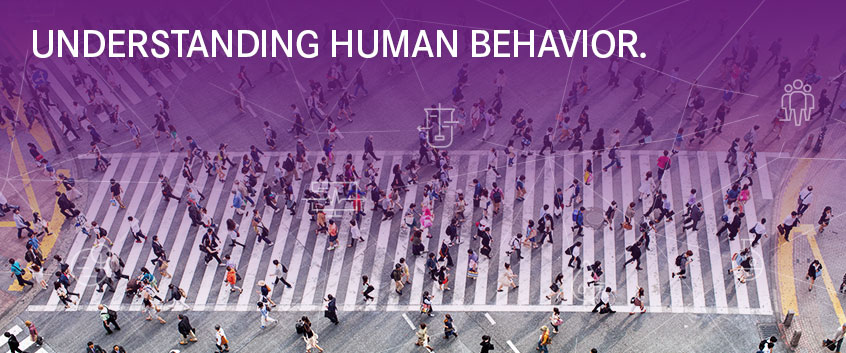
Research Unit
Environment and Society
To achieve this, a better understanding of how political, economic and societal actors interact with the complex environmental relations and processes on local, region, and global levels is required. Our research fosters innovative strategies and instruments which integrate ecological processes and social needs.
The Challenge
Usage of energy, land, water, raw material, and ecosystem services is rising at an ever increasing rate. Scarcity and the unequal distribution of resources lead to conflicts, which influence the foundations of humanity and threaten the quality of life. These conflicts are particularly observable in urban areas. Living spaces and ecosystems are damaged and pollutants seep the environment. It thus appears meaningful to call for fundamental socio-ecological transformation processes to develop and design human-environmental relations in a sustainable manner. This requires a far-reaching system-wide understanding of processes of sustainable transformation as well as integrated analyses and assessments towards developing environmental governance processes that secures the participation of civil society into decision making processes.
Research Questions
RU Environment and Society addresses many research questions related to how societal transformations towards sustainability can be designed and fostered. The questions include, but are not limited to, the following:- Who are the drivers of societal transformations?
- If traditional national policy instruments do not work for environmental issues, which ones will work?
- What are best solutions for environmental problems and at which scales (from local to global)?
- How can technological solutions contribute to transformations?
- How should the spatial dimensions of sustainable transformations be taken into account to make specific ecological and social costs assessable?
- Which services do we expect from ecosystems and what would we be prepared to pay for them?
- How can conflicts and trade-offs be resolved if different stakeholders have different and even contradictory knowledge sets?
- Can different needs and requirements for the utilization of water and energy resources, land or protected assets be responsibly integrated?
- How can socially just environmental processes be fostered?
The RU’s common goal is to develop applicable concepts, instruments, recommendations, and solutions for the design of sustainable transformations. We conduct research on social and individual behavior as well as everyday practices in relation to environmental issues. For the development of novel governance approaches, we focus on context-specific conflicts between several dimensions of sustainability such as energy, bioeconomy, land, water, raw materials and ecosystem services. In order to be able to appropriately manage the resulting complexity of our scientific research questions, we build upon expertise from different social sciences and connect these to the geo- and engineering sciences.
The RU Environment and Society is connected with other RUs at UFZ. Examples include the integrated projects “EnergyLanduse” and “Urban Transformations”, which both were coordinated by members of the RU Environment and Society. Further examples of important networks are “The Economics of Ecosystems and Biodiversity – TEEB” and “Sustainable Bio-Economics”. Currently, we bundle our research on the Integration Platform “Societal Transformations towards Sustainability ”.
News
Highlights from the Research Unit
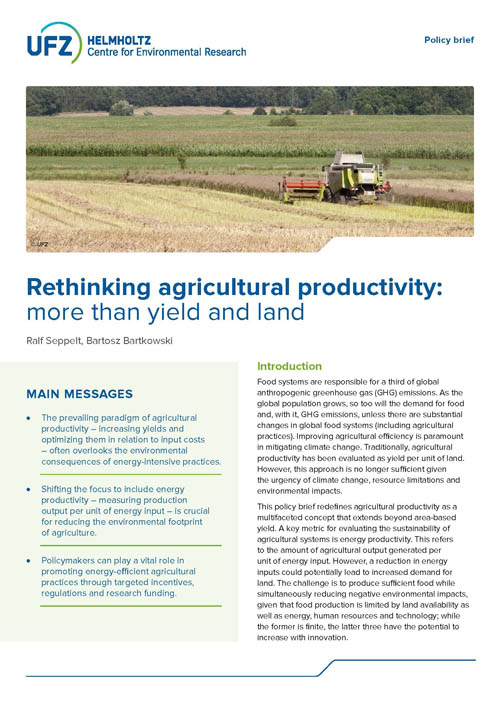
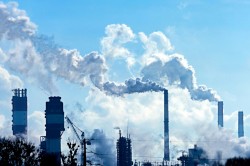
Carbon dioxide removal: feasibility study evaluates possible measures for Germany: Germany aims to be climate neutral by 2045. In order to achieve this goal, greenhouse gas emissions must be greatly reduced and effective measures to remove carbon dioxide (CO2) from the atmosphere established. But which methods for the removal, binding, and storage of CO2 can be readily implemented in Germany over the next two decades? An interdisciplinary research team led by the Helmholtz Centre for Environmental Research (UFZ) and the GEOMAR Helmholtz Centre for Ocean Research Kiel has now carried out a feasibility study for 14 different carbon dioxide removal (CDR) options for Germany, taking into account ecological, technological, economic, social, institutional, and systemic aspects.
Press release – Carbon dioxide removal: feasibility study evaluates possible measures for Germany
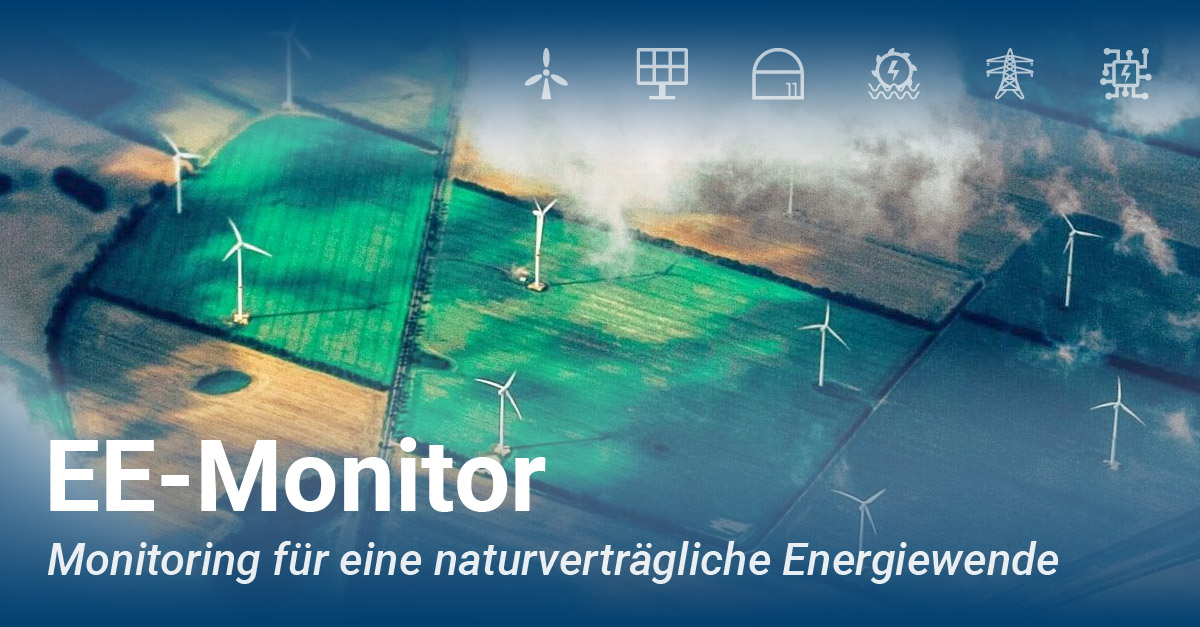
EE-Monitor – Monitoring for a nature-friendly energy transition
The EE-Monitor ("Renewable Energy Monitor") provides a scientifically sound basis for the social debate on the nature-compatible expansion of renewable energies in Germany. The EE-Monitor supports the identification of both undesirable developments and positive trends in the nature-friendly expansion of renewable energies.
Working Groups & Publications
Working Groups within our Research Unit
The Research Unit “Environment and Society” participates in various graduate schools. Each brings together PhD students from different departments.
Dicussion Papers
Since 1998, discussion papers of the Research Unit "Environment and Society" have been available online:
The complete list of publications can be found on the department pages:
We bundle our research on the Integration Platform "Societal Transformations towards Sustainability". Here, we are working in five projects to develop inter- and transdisciplinary solutions for important societal challenges:
- Governing transformations towards sustainable agrifood systems
- Transforming Energy Landscapes
- Water Sustainability Pathways: Transformation towards a sustainable water resource management
- Transformations towards resilient cities
- Monitoring, analysis and facilitation of societal transformation processes


